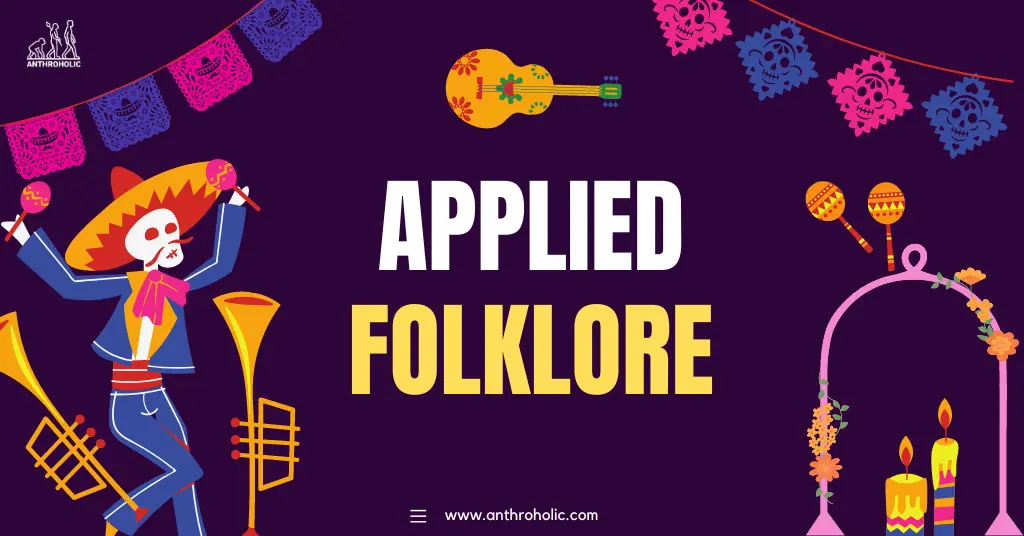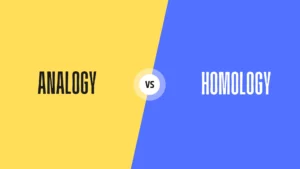AI Answer Evaluation Platform Live Now. Try Free Answer Evaluation Now
Applied Folklore
Applied folklore, a subset of cultural anthropology, addresses the role and function of traditional knowledge in contemporary societies. By integrating the practical application of folklore, this discipline promotes cultural sustainability, fosters local identity, and encourages social development [1].

Conceptualizing Applied Folklore
The study of folklore goes beyond the realm of myths, legends, and folktales. In essence, it provides insight into people’s worldviews and cultural traditions [2].
- Traditional Knowledge: It consists of customs, practices, stories, music, and arts that are passed down from generation to generation.
- Folk Groups: A group of people who share some commonality, such as nationality, ethnicity, profession, or common experience.
Methodology in Applied Folklore
The following key methods underpin the discipline:
1. Fieldwork
This is an essential aspect of folklore studies. Folklorists visit local communities to collect, analyze, and record traditional knowledge.
2. Ethnography
The scientific study of human cultures, ethnography, gives an account of a particular community, society, or culture based on first-hand observation.
3. Oral History
This involves collecting historical information through recorded interviews. Folklorists value oral history as it highlights the personal narratives that contribute to collective memories.
Practical Application of Applied Folklore
Applied folklore offers several applications, including:
1. Cultural Preservation
Applied folklore plays a pivotal role in preserving cultural heritage, particularly among indigenous communities [3]. It involves:
- Documenting traditional knowledge, practices, and beliefs
- Facilitating transmission of these elements to younger generations
- Empowering communities to value and sustain their cultural traditions
2. Education
Applied folklore enhances education by incorporating folk knowledge into curriculum. This strategy respects cultural diversity, promotes cross-cultural understanding, and fosters global citizenship [4].
3. Healthcare
In healthcare, applied folklore aids in understanding patients’ beliefs about illness and healing, thereby improving communication and treatment outcomes.
| Uses | Specific Examples |
|---|---|
| Cultural Preservation | Traditional farming practices, Indigenous languages |
| Education | Folk literature in curriculum, Traditional games |
| Healthcare | Herbal medicines, Traditional healing practices |
Challenges and Opportunities in Applied Folklore
Applied folklore, though rewarding, faces several challenges:
- Rapid Globalization: The risk of losing traditional knowledge due to rapid modernization and globalization.
- Intellectual Property Rights: The misuse or misappropriation of folklore by outsiders, especially in the commercial sector.
Yet, it also presents significant opportunities:
- Cultural Revitalization: Reviving endangered cultural elements and revitalizing cultural identity.
- Promoting Inclusivity: Encouraging inclusivity and cultural diversity by recognizing and validating the experiences and traditions of all folk groups.
Conclusion
Applied folklore offers a unique approach to understanding and sustaining cultural traditions. By incorporating folklore into practical applications, communities can better appreciate their heritage, promote cultural diversity, and foster sustainable development.
References
[1] Dorst, J.D. (2016). The Written Substrate: Fieldwork, Notes, and the Discovery of Interpretation. Western Folklore, 75(2), pp. 109-137.
[2] Bendix, R., & Hasan-Rokem, G. (2012). Rethinking Folklore: A Necessary Step towards Interdisciplinary Dialogue. Folklore Studies, 1(1), pp. 5-26.
[3] Clifford, J., & Marcus, G.E. (Eds.). (1986). Writing Culture: The Poetics and Politics of Ethnography. University of California Press.
[4] Lindahl, C. (2002). Folklore and Education: Formulating Methodologies. Journal of American Folklore, 115(455), pp. 257-271.




